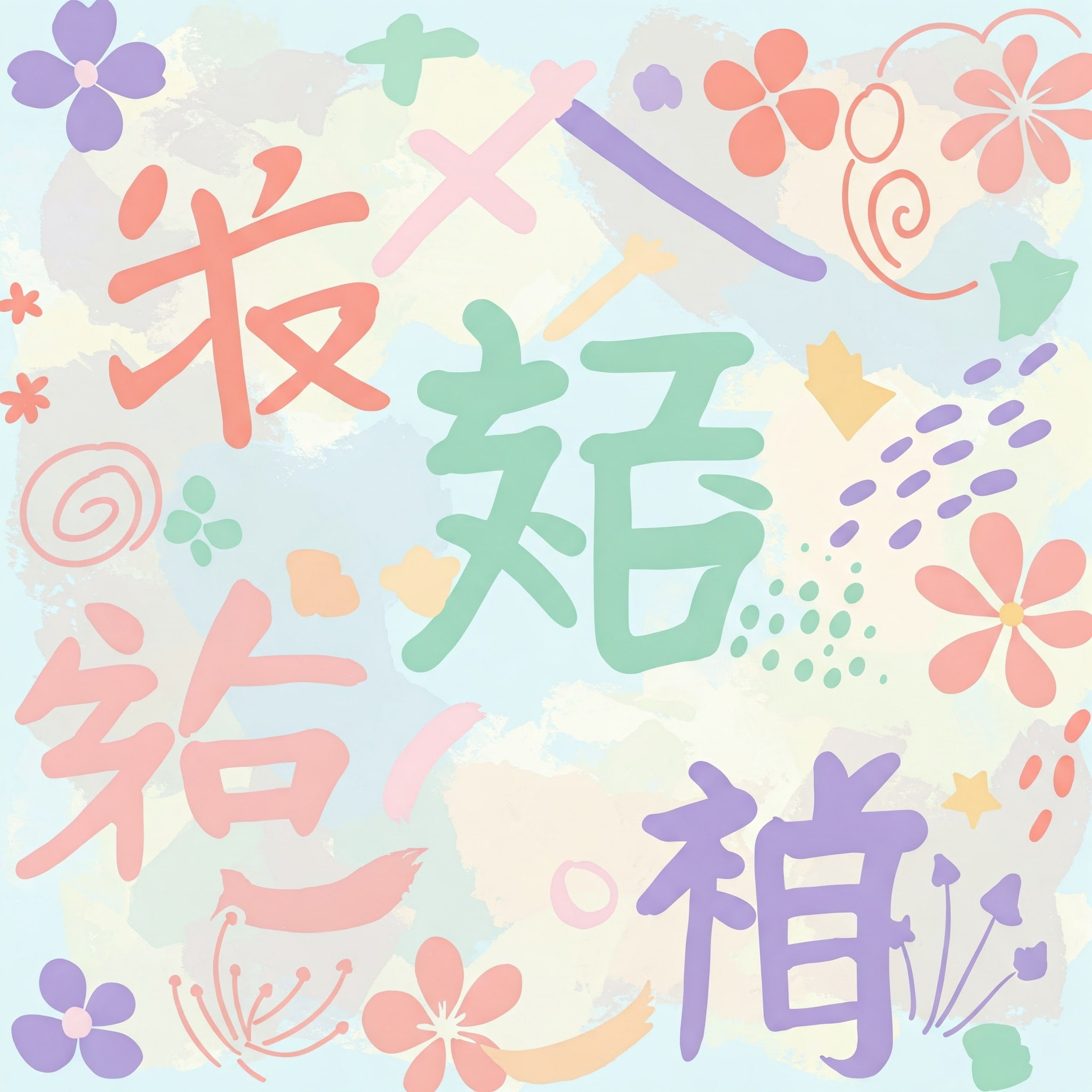People and Occupations in Chinese
Learning to talk about people and their jobs is essential for making friends and introducing yourself in Chinese! In this lesson, you'll learn common words for different types of people and popular occupations.
Basic People Words
Let's learn these fundamental terms for different types of people:
Common Occupations
These are some of the most common job titles you'll hear in Chinese:
Talking About Jobs
These words will help you ask and talk about occupations:
Understanding People Words
Let's learn more about each of these important terms for people:
Person
人person means "person" or "people" - the most basic word for referring to human beings. It's also used as a counter for people, like 三个人 (three people).
Friend
朋友friend means "friend" - someone you know well and like. This is a very useful word for social interactions and introductions.
Classmate
同学classmate means "classmate" - someone who studies with you. This is a common way to refer to fellow students.
Mr.
先生sir, Mr. means "Mr." or "sir" - a polite way to address men. It's often used with surnames, like 王先生 (Mr. Wang).
Miss/Ms.
小姐Miss, Ms. means "Miss" or "Ms." - a polite way to address young women. It's also used with surnames, like 李小姐 (Miss Li).
Understanding Occupation Words
Now let's learn about these common job titles:
Teacher
老师teacher means "teacher" - a respected profession in Chinese culture. People often use this as a title of respect even outside the classroom.
Student
学生student means "student" - someone who studies at a school, college, or university. Many language learners will identify themselves as students.
Doctor
医生doctor means "doctor" - a medical professional. Like "teacher," this can also be used as a title when addressing a doctor.
Talking About Occupations
These key words help you discuss what people do for work:
Work/Job
工作work, job means "work" or "job" - a general term for employment or occupation. You can ask 你的工作是什么? (What is your job?).
To Be
是be (am, is, are) means "to be" - essential for stating what someone's job is. For example: 我是学生 (I am a student).
To Do
做do, make means "to do" - useful for asking what job someone does. For example: 你做什么工作? (What work do you do?).
Mini Occupation Dialogues
Try practicing these simple conversations about people and their jobs:
Dialogue 1: Introducing Yourself
Dialogue 2: Talking About a Friend
Dialogue 3: At a Restaurant
More Occupation Words
Here are a few more common occupations in Chinese:
- 护士nurse - "nurse" - a medical professional who assists doctors
- 司机driver, chauffeur - "driver" - someone who drives professionally
- 厨师 - "chef" or "cook" - someone who prepares food professionally
- 工程师 - "engineer" - a technical professional
- 商人 - "businessman/businesswoman" - someone who runs a business
Forms of Address in Chinese
Chinese has several polite ways to address people:
- 先生sir, Mr. - "Mr." - used to address men respectfully
- 小姐Miss, Ms. - "Miss" - used to address young women
- 女士 - "Ms." - used to address women more formally
- 老师teacher - "Teacher" - used as a respectful form of address even for people who aren't teachers
Occupation Sentence Patterns
Here are some typical patterns for talking about jobs:
- 我是... - I am a... (stating your own job)
- 他是... - He/She is a... (stating someone else's job)
- 你做什么工作? - What work do you do? (asking about someone's job)
- 你是做什么工作的? - What do you do for work? (another way to ask)
Cultural Notes about Occupations in China
Understanding these cultural aspects will help you navigate professional interactions:
- Teachers are highly respected in Chinese culture and may be addressed as "Teacher" even outside school
- Government jobs are traditionally considered very desirable and stable in China
- Business cards are exchanged with both hands when meeting professional contacts
- Asking about work is considered normal small talk when meeting someone new in China
- Job titles are often included when introducing people in formal situations
Practice Tips
- Practice introducing yourself with your occupation in Chinese
- Try role-playing different professional interactions, like doctor-patient or teacher-student
- Ask your Chinese friends about their jobs using the sentence patterns from this lesson
With these words for people and occupations, you'll be able to introduce yourself and understand basic information about others in Chinese! Whether you're meeting new friends or talking about your career, these terms will help you connect with people in meaningful ways.
